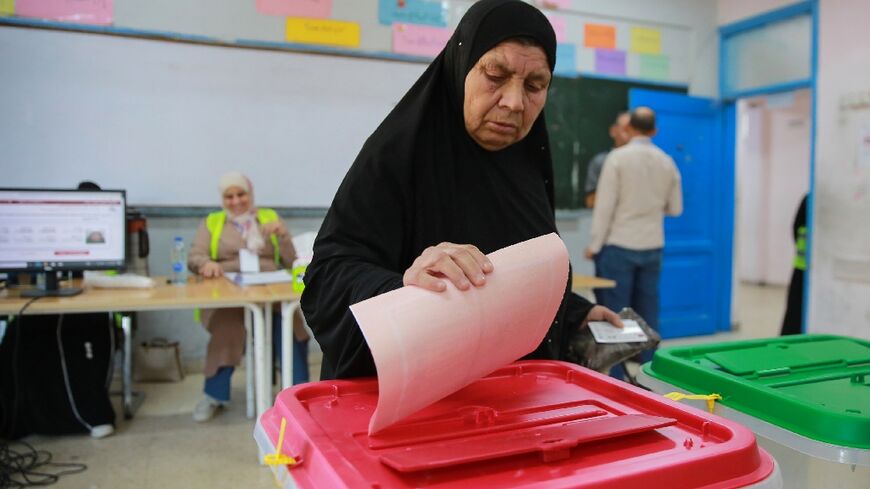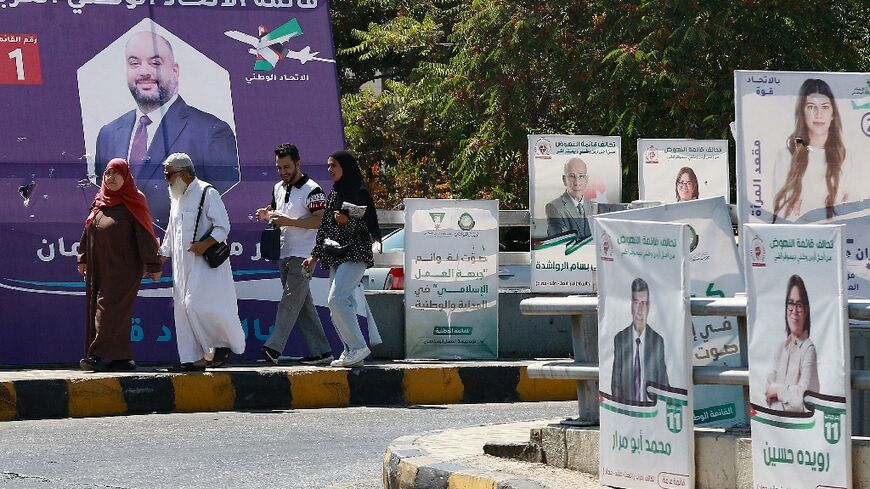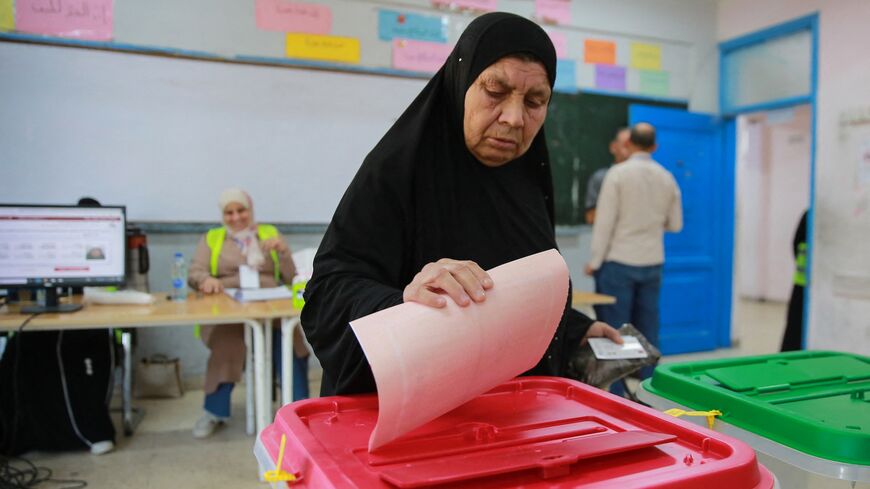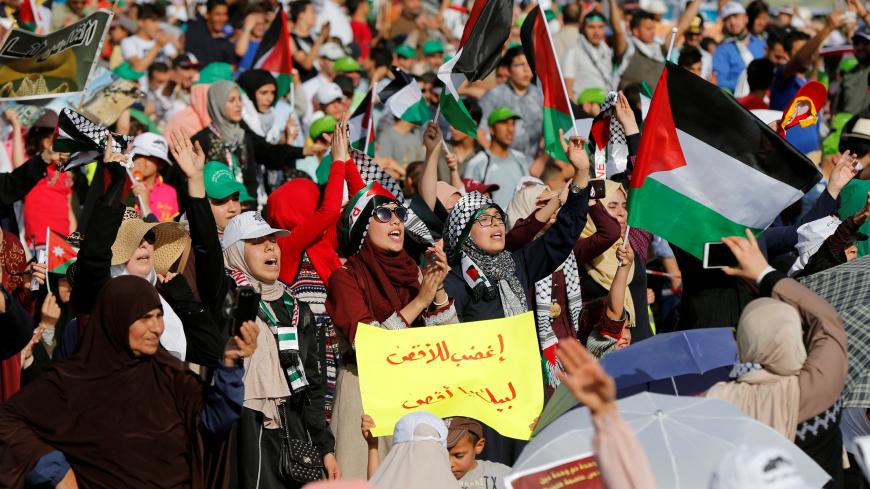Islamists top Jordan election held in shadow of Gaza war
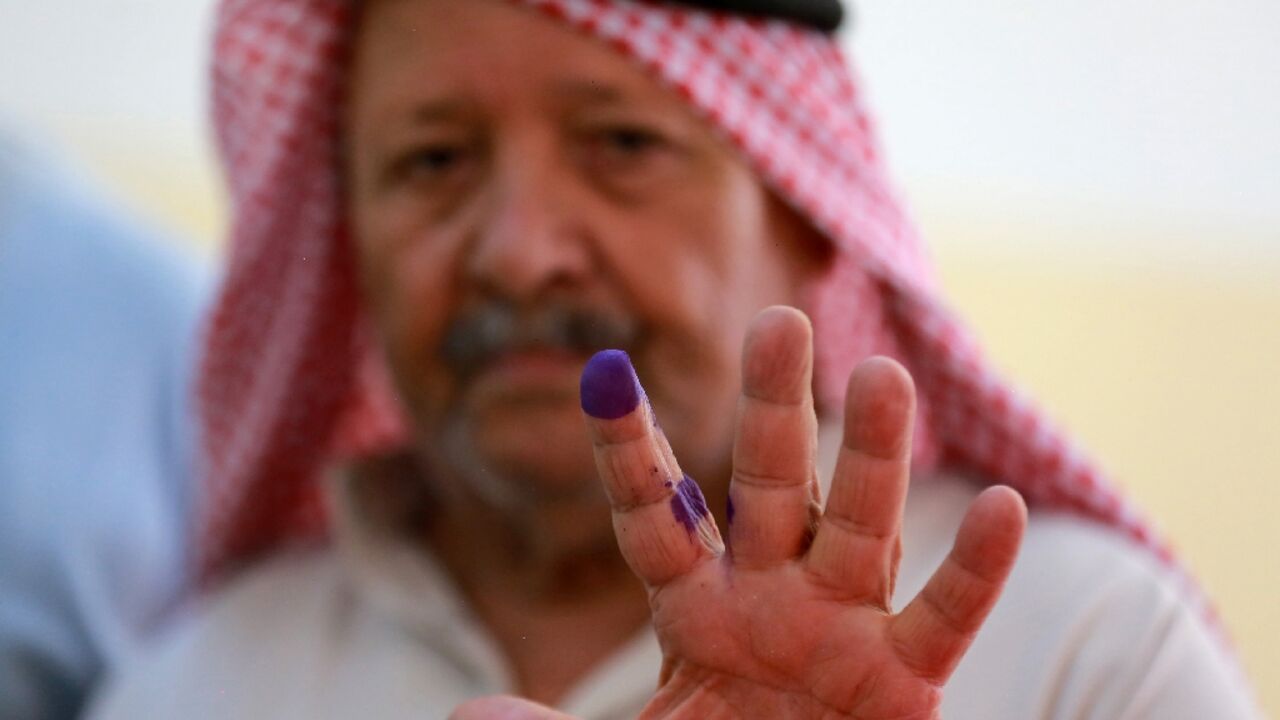
Jordan's leading Islamist opposition party has won 31 out of 138 seats in the kingdom's parliament, tripling its representation in legislative elections dominated by frustration over the ongoing Gaza war.
The Islamic Action Front (IAF), a political offshoot of the Muslim Brotherhood in Jordan, came ahead of other parties and factions in the legislature after Tuesday's vote, but was far from clinching a majority, according to official election results released on Wednesday.
The result is a historic win for the Islamists and their largest representation since the Muslim Brotherhood in 1989 gained 22 out of the 80 seats in the then parliament.
The IAF had 10 seats in the previous parliament elected in 2020 and 16 seats in the 2016 legislature.
The Islamists had sought to capitalise on growing anger over the ongoing war in Gaza among Jordanians, half of whom are of Palestinian origin.
"We are happy with these results and with the confidence placed in us by the Jordanian people," IAF Secretary-General Wael al-Saqqa told AFP.
"Gaza, Palestine and Jerusalem are all part of the official and popular compass in Jordan and we will work on mobilising" to "gain their rights and defend them," he added.
He vowed that Jordanians would give Palestinians "financial and other assistance, and be their lungs in the path of liberation and achieving their right to a free state".
Independent Election Commission chairman Musa Maaytah told a news conference where he announced the official results that the IAF's rise was a sign of Jordan's "determination to have political pluralism".
- 'Astonishing' result -
The other seats in parliament went to representatives of major Jordanian tribes, leftist parties, pro-government factions, centrists, former lawmakers and retired military officers.
Twenty-seven women won seats in the legislature, following 2022 reforms that allocated more seats for them and reduced the minimum age for candidates.
That reform also expanded the number of seats from 130 to 138 and sought to strengthen the role of political parties in the legislature.
Turnout registered 32 percent in the polls that were largely overshadowed by the Gaza war and Jordan's economic troubles.
The war in Gaza has affected tourism to Jordan, which relies on the sector for about 14 percent of its gross domestic product.
Compounding the country's economic woes, public debt has neared $50 billion and unemployment hit 21 percent in the first quarter of this year.
Jordan in 1994 signed a peace treaty with Israel, becoming only the second Arab state to do so after Egypt, but regular protests have called for the treaty's dissolution since the war erupted last October.
Oraib Rantawi, head of the Amman-based Al Quds Center for Political Studies, described the Islamists' gains in the election as "astonishing in their magnitude".
The Islamists won "nearly half a million votes", a figure he said was unprecedented in their history in Jordan.
"Gaza played a major role in this," he added, as well as a feeling among voters that other competing parties "were created in haste... to reduce the chances of success of the Islamic Action Front".


